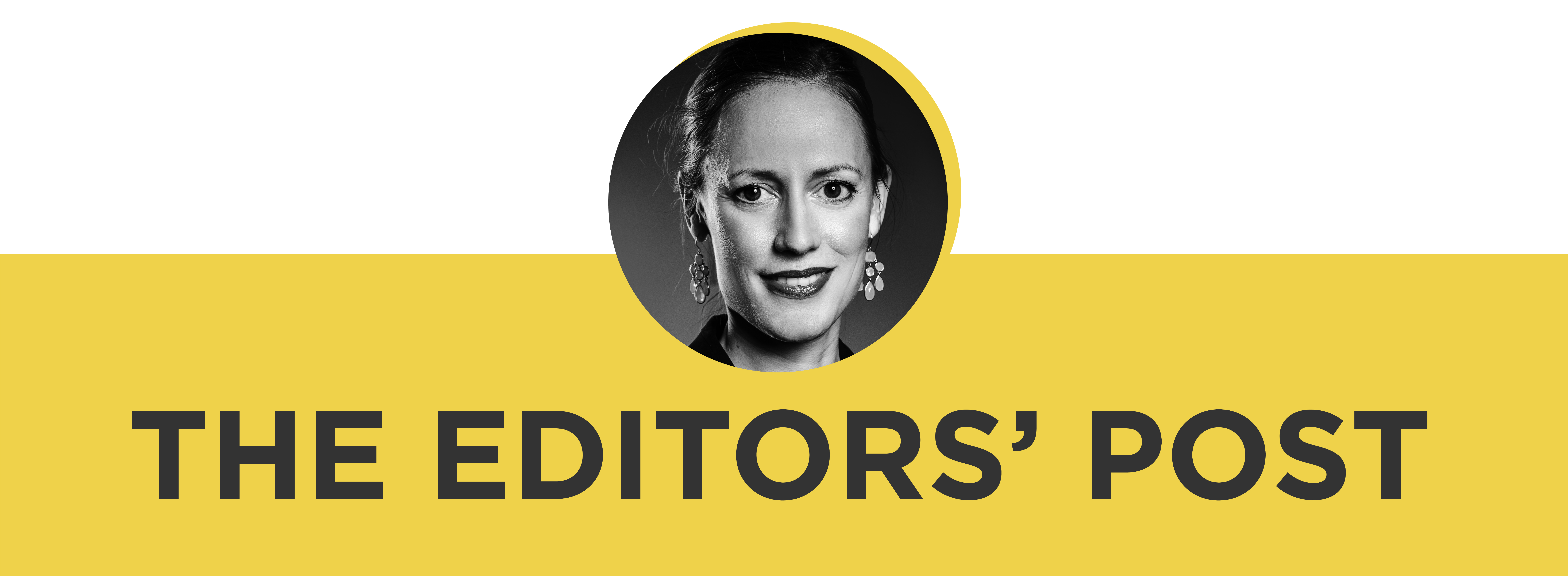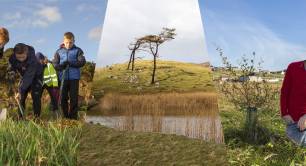The Editors' Post: The end of the unicorn era?

With venture capital investing on the decline, could deflating interest in unicorns be replaced by more focused attention on 'zebras'? Plus, a new podcast episode featuring the UK’s biggest community wind farm – and the people who benefit from their success.
Ah, unicorns. Used to describe startups that reach a US$1bn valuation, the mythical beast has in recent years become synonymous with business success, the entrepreneur’s (and investor’s) dream, innovation at its best. But, time might be up for the legendary animal, some say. In a discussion hosted by FASE, economist Rudy Aernoudt lays out the facts: the world is in perma-crisis, and what businesses need is resilience – not imaginary magic powers. Unicorns are particularly exposed to economic downturns: what goes up quickly can also go down quickly.
So Aernoudt argues in favour of another animal (a real one, this time): the zebra. Some of you may have heard of this concept: the socially-minded startup, which seeks profit and impact at the same time. Impact startups have a much longer-term approach and respond to society’s real needs, making them much more resilient to the various crises which seem, these days, to be landing one after the other without a break, the economist argues.
But to flourish, like any startups, zebras need investment. Here comes the problem: venture capital investors are still obsessed with unicorns and the idea of fast exponential growth and high returns in a record time – even in the impact sector. But that model isn’t compatible with impact businesses developing in the long term. Investing in impact means investing patient capital, speaker Zoé Constantin explains – “otherwise, it’s not worth it, because impact needs the time.”
Investing in impact isn’t business as usual
So what can be done? Investors need to be better educated about impact to understand that – for a start. There needs to be an acknowledgement that “investing in impact isn’t business as usual”, as Constantin says. And we need more evergreen funds, the speakers argue.
There might be an opportunity right now. Venture capital investing – which went through the roof in 2021 – considerably dropped last year. That also includes investment in impact startups, as shown by the latest Big Society Capital research in the UK, or Dealroom data for the global picture (although there’s a hint that the impact VC sector has been slightly more resilient). VC is clearly having a bit of a reckoning, mostly due to economic uncertainty. Time for a reset? Perhaps time to realise that unicorns aren’t actually real, and that zebras are the future indeed.
Winds of fortune and social impact
What makes a social business champion? In our latest Fit for the Future podcast, hosts Tim West and Eddie Finch speak to the director of this year’s SE100 winner Point and Sandwick Trust – which operates the UK’s biggest community wind farm in the Scottish islands, and uses profits to support projects and initiatives in the local community. What’s the secret of its success? Listen now to find out.
We’re seeking speakers for our next WISE Ways to Lead webinar
Thanks to all those who joined this week’s WISE Ways to Lead webinar on breaking the glass ceiling. For our next webinar in this series, we’ll be exploring how to balance a career in social impact with time-intensive caring responsibilities at home. If you’re a UK-based woman keen to share your experience of caring for a parent, child, partner or other family member – and if you have some practical tips and advice for others to share – get in touch at news@pioneerspost.com.
This week’s top stories:
Resilient, purpose-driven 'zebras' are the future – how can investors help them thrive?
Fit for the Future: How Point and Sandwick harnesses the winds of fortune for social impact
Photo credit: atlascompany on freepik
Thanks for reading our stories. As an entrepreneur or investor yourself, you'll know that producing quality work doesn't come free. We rely on our subscribers to sustain our journalism – so if you think it's worth having an independent, specialist media platform that covers social enterprise stories, please consider subscribing. You'll also be buying social: Pioneers Post is a social enterprise itself, reinvesting all our profits into helping you do good business, better.




